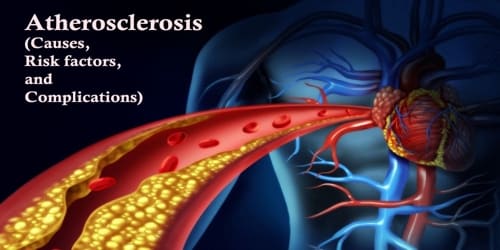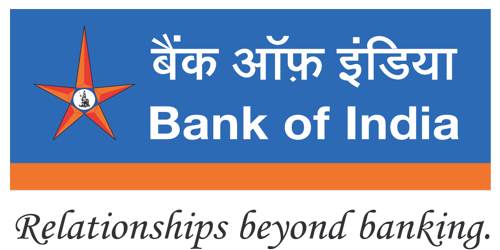Concept of Incentive Plans
Incentives are variable rewards granted to employees as per the variations in their performance. To succeed, an organization must attract and retain productive employees. Therefore, a business establishes competitive incentive plans to accomplish these objectives. Incentives are provided beside wages and salaries so that the level of motivation and job satisfaction can be enhanced. Incentive payments are quite substantial and paid regularly as wages and salaries.
- According to Milton L. Rock, incentives are defined as ‘variable rewards granted according to variations in the achievement of specific results’.
- According to K. N. Subramaniam, ‘incentive is the system of payment emphasizing the point of motivation, that is, the imparting of incentives to workers for higher production and productivity’.
An incentive aims at improving the overall performance of an organization.
The International Labor Office states that the incentive payments as ‘payment by results’. They emphasize the point of motivation, productivity, job satisfaction and good labor relation among the employees. Usually, incentives are not relatively fixed as wage and salaries do. They depend upon the level of performance and vary from individual to individual and from period to period for the same individual too. The incentive plans can be for lower level employees, middle management, and senior management. It usually comprises of incentives like profit sharing, project bonuses, stock options, sales commission etc.
The obtained advantage of incentives is the inducement and motivation of employees towards the higher level of performance and greater output. They offer an attraction of extra payment for efficiency and productivity. An efficient incentive plan guarantees a fixed minimum wage rate based on hourly rate and extra remuneration for increased output.
The incentive plan is designed on the basis of following assumptions:
- Individual workers and work teams differ in terms of how much they can contribute towards organizational objectives.
- The overall performance of the firm largely depends on the performance of individual workers and work teams.
- The employees are rewarded based on their relative performance for a high performance.
However, an incentive plan must contain obtainable goals. Otherwise, employee morale will fade, and the plan becomes ineffective.
Information Source:
















